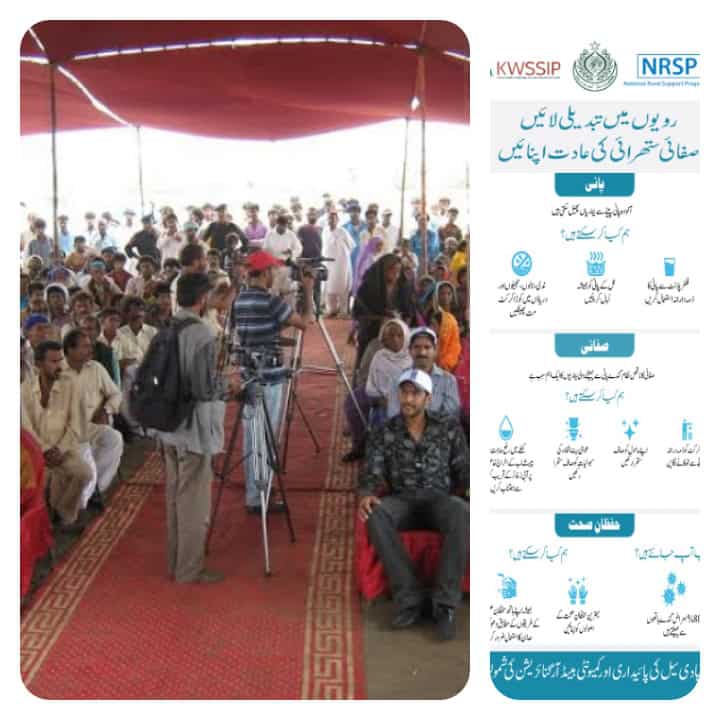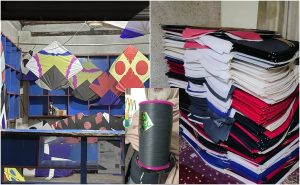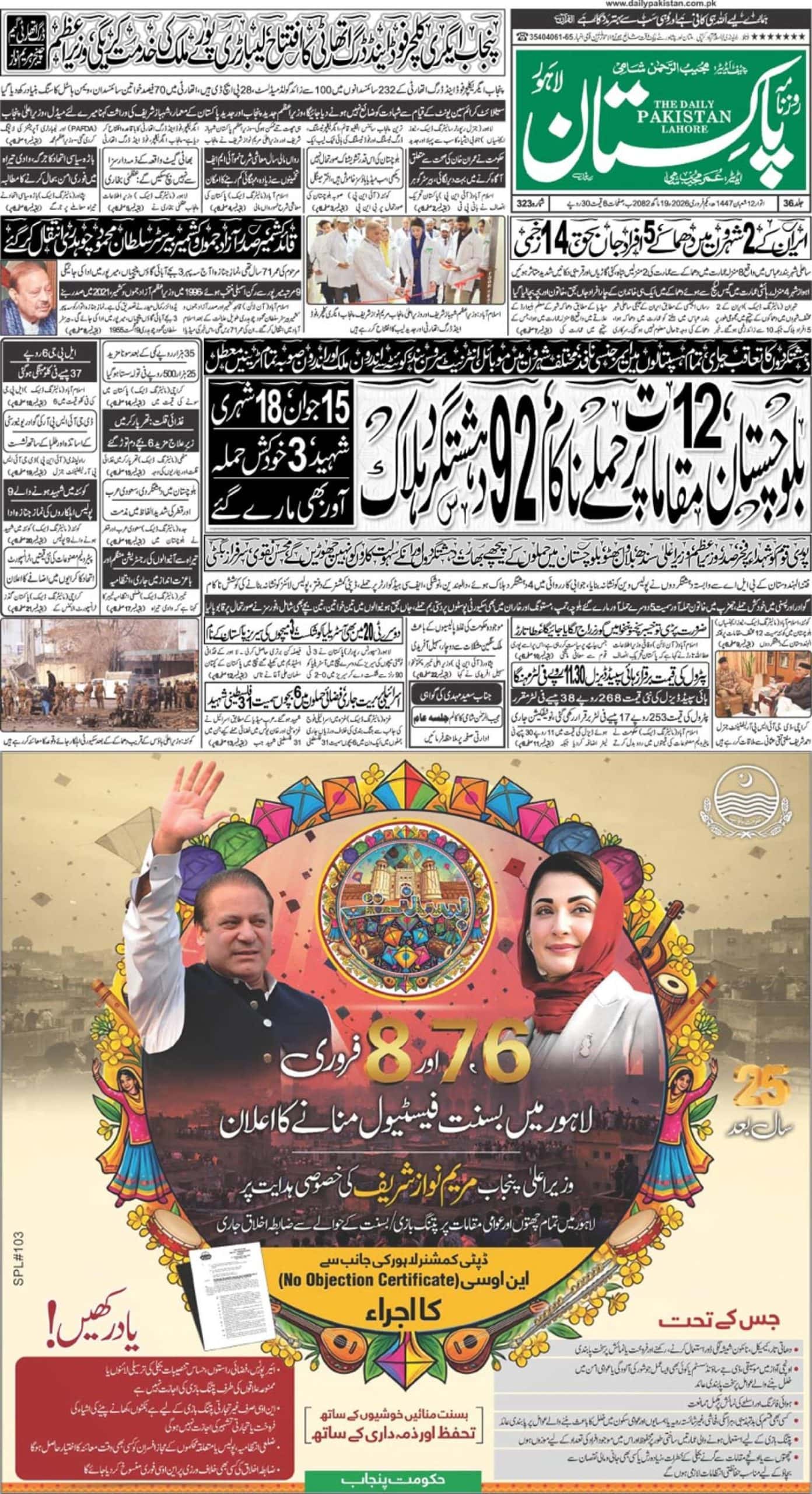The challenges facing Karachi’s slums are extensive, touching every aspect of life. Residents in these areas contend with limited access to education and healthcare and struggle with basic utilities such as water, gas, and electricity. One of the most pressing issues, however, remains inadequate sanitation and hygiene, which severely affects community health and well-being.
Soba Nagar, a marginalized neighborhood near the Dastageer area in Gulberg Town, has long been burdened by these problems.
In response to the water, sanitation, and hygiene (WASH) crisis in Soba Nagar, the Karachi Water and Sewerage Services Improvement Project (KWSSIP), in partnership with the National Rural Support Programme (NRSP) and funded by the World Bank, has launched an ambitious initiative. This project seeks to address both immediate and long-term challenges by improving water and sewerage infrastructure and promoting better WASH practices through community mobilization. While the primary focus is on Soba Nagar, similar efforts are underway in Essa Nagri, another area in District East Karachi grappling with comparable issues.
On Friday evening, Soba Nagar was alive with activity as residents participated in a “Behavior Change” session organized by the WASH project team. This event marked the beginning of a new chapter for the community, aimed at fostering healthier living and raising awareness about the impact of water and sanitation on daily life.
Communication and Advocacy Specialist Kashif Siddiqui led the session, focusing on several key areas:
Importance of Clean Water: The critical role of clean water in preventing waterborne diseases was highlighted, including how contaminated water can lead to illnesses such as cholera and dysentery. Ensuring clean and safe water sources was emphasized.
Sanitation Practices: The need for proper sanitation facilities was discussed, along with how inadequate sanitation can spread diseases. The importance of using proper toilets and correct waste disposal to maintain a healthy environment was stressed.
Personal Hygiene: The session emphasized personal hygiene, particularly handwashing with soap. Demonstrations of effective handwashing techniques were provided to show how this simple practice can prevent infections and improve health.
Waste Management: Effective waste management practices were covered, including the separation and proper disposal of waste. Proper waste management was shown to reduce health risks and improve living conditions.
Plantation and Environmental Care: The benefits of plantation were introduced, with explanations on how planting trees and maintaining green spaces can improve air quality, reduce pollution, and provide shade. Techniques for effective tree planting and care were demonstrated.
Safe Water Storage: The importance of using clean, covered containers for storing drinking water to prevent contamination and maintain water quality was discussed.
Food Hygiene: Food hygiene practices were addressed, including washing fruits and vegetables with clean water and cooking food thoroughly to prevent foodborne illnesses.
Laundry Practices: Proper laundry practices, such as using clean water for washing clothes and maintaining hygienic laundry areas, were highlighted to prevent disease spread.
Maintenance of Sanitation Facilities: Regular maintenance of sanitation facilities was emphasized as crucial for disease prevention, with a focus on keeping toilets and latrines clean and functional.
Community Education and Advocacy: The role of community education and advocacy in promoting WASH practices was discussed. Residents were encouraged to share knowledge and foster a culture of hygiene and cleanliness within their families and neighborhoods.
Health and Hygiene Behavior Monitoring: The importance of monitoring health and hygiene behaviors within the community was covered, with encouragement to address any issues that arise promptly.
Role of Women and Children: The session highlighted the vital role of women and children in maintaining household hygiene, discussing ways to involve them in daily WASH practices and equip them with the necessary knowledge.
Kashif Siddiqui underscored the significance of community engagement, stating, “It’s not enough to simply provide information. Real change happens when the community takes charge of its own future.” He encouraged residents to actively participate in maintaining cleanliness, promoting good hygiene practices, and engaging in plantation efforts within their neighborhoods.
Among the attendees was Rukhsana Jamshed, a lifelong resident and mother of three, who was deeply moved by the session. She said, “Before this session, I didn’t realize how crucial simple practices like handwashing with clean water were for my family’s health. The information shared today has truly opened my eyes to how such habits can prevent illness and safeguard my children. I’m committed to applying what I’ve learned to improve our daily lives.”
Anwar Ali, a local shopkeeper, also expressed his newfound understanding, stating, “I used to believe that sickness was just part of life here, but today’s session demonstrated that we can take proactive steps to protect our families’ health. The insights on sanitation, hygiene, and waste management are both practical and achievable. I feel empowered to implement these changes and encourage my neighbors to do the same.”
The session also included an orientation by Social Reforms Specialist Syed Hassan Ahmed on the formation of Community-Based Organizations (CBOs). These CBOs will act as local leadership bodies, managing future water and sanitation issues and promoting continuous improvements in hygiene practices.
The WASH project is committed not only to addressing immediate needs but also to fostering long-term, sustainable change. By enhancing infrastructure and empowering residents to embrace healthier practices, the project is laying the foundation for a brighter, healthier future in Soba Nagar, Essa Nagri, and beyond.
Pakistan’s dirtiest and cleanest cities revealed in new Gallup amp; Gilani surveys













